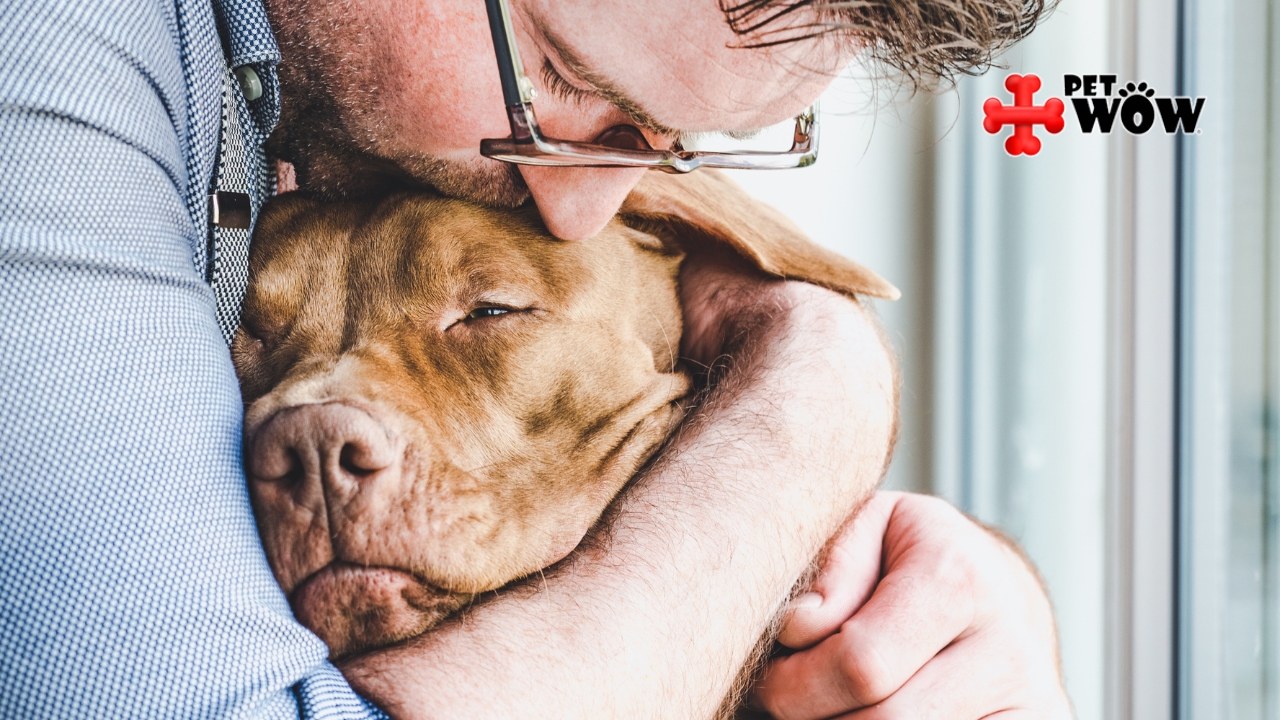Shop At Haya: Your Ultimate Shopping Guide
Discover the best shopping tips, trends, and deals for a smarter buying experience.
Golden Years, Silver Whiskers: Keeping Your Senior Pet Happy
Discover essential tips and heartwarming ideas to keep your senior pet thriving and happy in their golden years!
Essential Tips for Ensuring Your Senior Pet's Comfort and Happiness
Ensuring your senior pet's comfort and happiness is essential for a fulfilling life in their golden years. As pets age, their needs change significantly, making it important to adjust their environment accordingly. Start by evaluating their living space; ensure it is free of hazards and has easy access to food, water, and a cozy resting area. Consider providing orthopedic beds to alleviate joint pain and keep your pet warm during colder months. Regular vet check-ups are also crucial, as they can help identify any underlying health issues that may affect your pet's quality of life.
Nutrition plays a vital role in your senior pet's well-being. Shift to a high-quality, age-appropriate diet that meets their specific nutritional needs. Consult your veterinarian for recommendations on joint supplement options that can aid mobility. Regular exercise, tailored to your pet's abilities, is also essential to maintain their physical and mental health. Incorporating low-impact activities, like gentle walks or playtime with soft toys, can keep your pet engaged and happy. Remember, bonding time with your senior pet, whether through cuddling or quiet companionship, is invaluable in keeping their spirits high.

Nutrition and Wellness: A Guide to Feeding Your Aging Pet
As our pets age, their nutritional needs evolve significantly. It's essential to understand that nutrition and wellness play a vital role in improving the quality of life for older pets. Incorporating high-quality proteins, antioxidants, and healthy fats into their diet can help combat age-related issues such as arthritis, weight gain, and digestive problems. Always consult your veterinarian for personalized recommendations, but consider incorporating the following nutrients into your pet's meals:
- High-quality protein: Supports muscle maintenance
- Antioxidants: Combat oxidative stress
- Omega-3 fatty acids: Promote joint health
In addition to focusing on the right ingredients, monitor your pet's hydration and portion sizes. Older pets can be susceptible to dehydration, so ensure they have access to fresh water at all times. It might be helpful to adjust their meal frequency and portion sizes to prevent obesity, which can lead to further health complications. Regularly check in with your veterinarian to assess your aging pet's health and adapt their diet accordingly. By prioritizing nutrition and wellness, you not only enhance your pet's life but also strengthen the bond you share!
Understanding Common Health Issues in Senior Pets and How to Manage Them
As pets age, they become increasingly susceptible to a variety of health issues that can affect their quality of life. Common problems in senior pets include arthritis, kidney disease, and dental issues. Recognizing the signs of these conditions early on is crucial for effective management. For instance, if you notice your pet has difficulty climbing stairs or seems to be in pain, it may be a sign of arthritis. Additionally, routine veterinary check-ups can aid in early detection of conditions like hyperthyroidism and cognitive dysfunction syndrome, which can significantly impact your pet's health.
Managing health issues in senior pets requires a comprehensive approach that includes dietary changes, regular exercise, and necessary medications. For pets suffering from arthritis, incorporating joint supplements and low-impact activities such as swimming can help alleviate discomfort. It's also important to maintain a balanced diet tailored to their specific health needs, which may include therapeutic diets for pets with chronic conditions. Always consult a veterinarian before making any major changes to your pet's routine, as they can provide personalized recommendations to ensure your furry friend remains comfortable and healthy throughout their golden years.